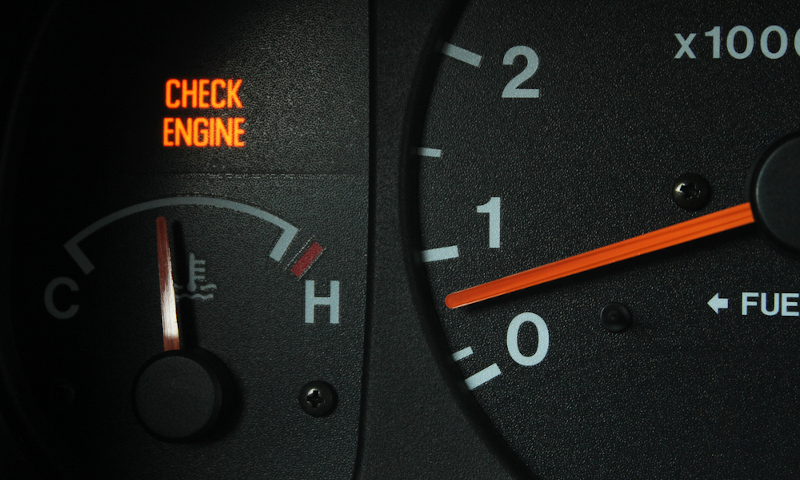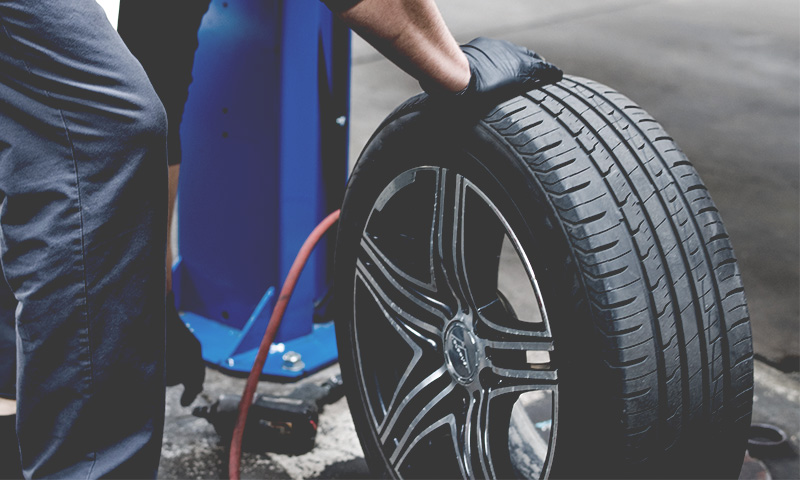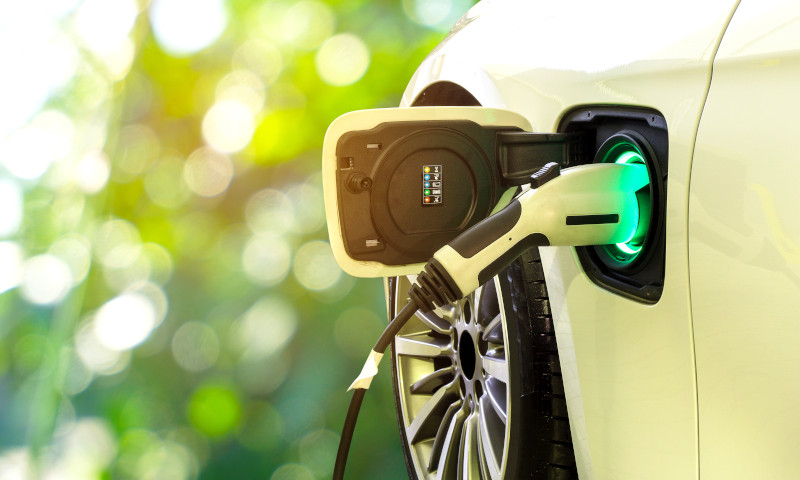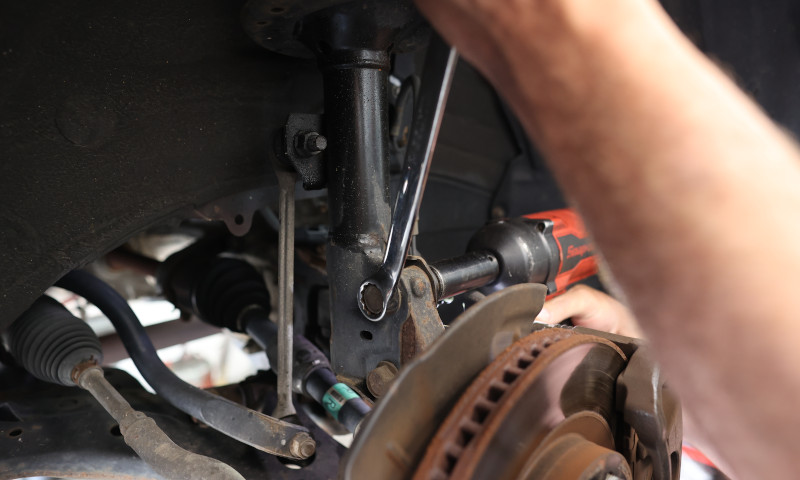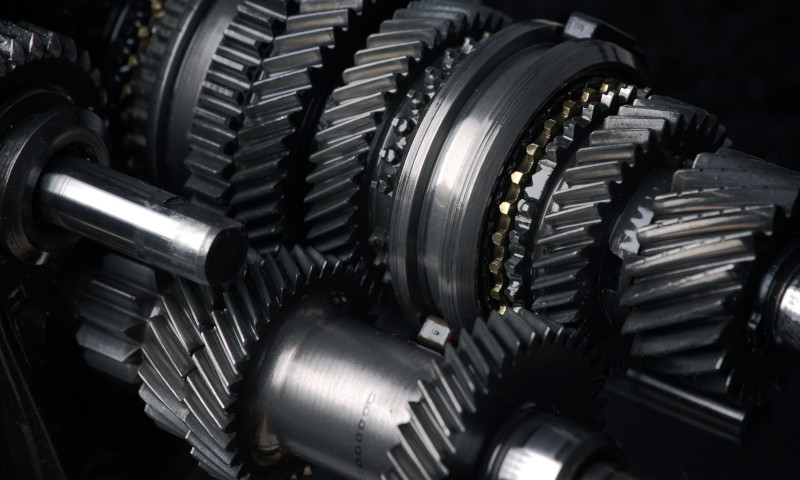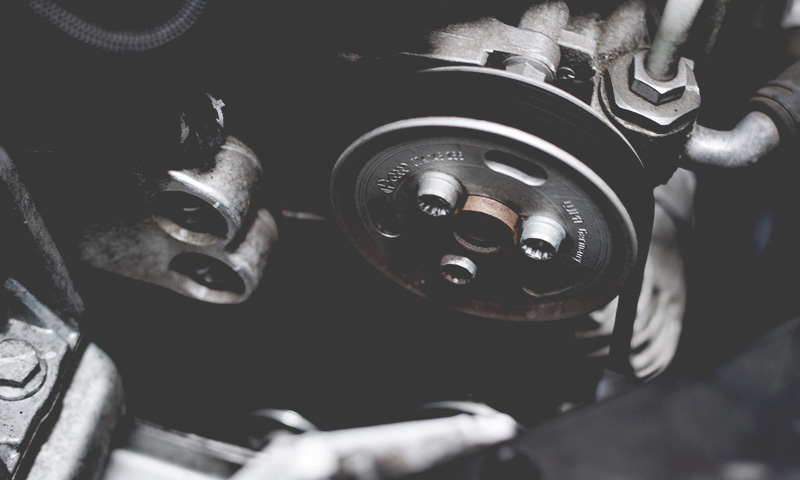Garttmeyer Automotive Services
Proudly Serving the Main Line for 30 Years
Check Engine Light
You get a sinking feeling when you see it. Hopefully, it’s just a faulty light and a major repair isn’t necessary. Reduce your stress. Call, text or email us today to set up and appointment.
State Inspection
Pennsylvania State Inspection and auto repair in Wayne, PA. One of the nation’s best European auto repair shops.
Factory Maintenance
Eliminate dealer maintenance and save! The mark-up on routine maintenance from your local dealer is outrageous. We’ll do the same job, with the same tools, for up to 50% less!
Transmission
Garttmeyer Automotive on the Main Line for expert manual and automatic transmission repair, flushes and fluid changes to extend the life of your automotive transmission.
FAQs
Q: How often should I service my European vehicle?
A: Most European vehicles should be serviced every 10,000 miles or once a year, whichever comes first. However, this can vary depending on the make and model. High-performance models may require more frequent attention. Always refer to your owner’s manual and consult with a European car specialist to ensure your vehicle stays in peak condition.
Q: Are European cars more expensive to maintain than domestic or Asian vehicles?
A: In general, yes—European cars tend to have higher maintenance costs due to specialized parts, advanced technology, and the need for trained technicians. However, regular maintenance and early issue detection can help reduce long-term expenses and preserve performance and value.
Q: What are the most common maintenance issues with European cars?
A: Common issues include electrical system malfunctions, oil leaks, suspension wear, and brake system concerns. Many European vehicles are also equipped with advanced computer systems that require specialized diagnostics. Regular inspections can help catch these issues early.
Q: Why is it important to use specialized fluids and parts for European car maintenance?
A: European vehicles are engineered with specific performance standards in mind. Using the correct fluids—such as synthetic oil, transmission fluid, and coolant—and OEM or high-quality parts ensures your car runs efficiently, avoids damage, and remains in warranty compliance. Generic substitutes can lead to costly problems over time.

